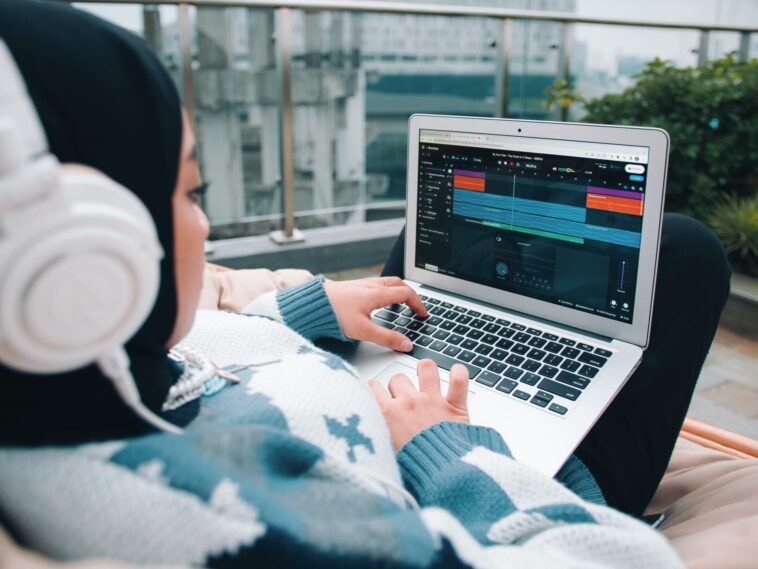AI software has become increasingly popular in the music industry, offering benefits that were previously unattainable through traditional music creation methods.
In this article, we will explore the uses of AI software in music creation, compare it with traditional methods, and discuss its ethical considerations and future potential.
Understanding AI Software in Music
AI software is a technology that uses algorithms to learn and replicate human-like decision-making processes. In music creation, it is used to analyze and generate musical pieces.
Different types of AI software include music composition software, audio processing software, and software for music analysis. AI software has revolutionized the music industry by enabling musicians to create music without human intervention, reducing time and costs.
AI Software vs. Traditional Music Creation Methods
Traditional music creation methods involve human creativity, emotions, and skill. However, AI software offers advantages like efficiency, accuracy, and flexibility.
With AI software, musicians can create music without the need for physical instruments, reducing the costs associated with purchasing and maintaining them. However, traditional methods offer a level of human touch and creativity that cannot be replicated by AI software.
Benefits of AI Software in Music Creation
AI software offers benefits like time and cost-efficiency, flexibility, and accuracy. It enhances the music creation process by providing a range of features, like auto-composition, auto-mixing, and auto-mastering.
AI software has been successful in generating music that is difficult to differentiate from human-composed music. Examples include Sony’s AI-generated songs and Amper Music’s AI-generated music for media.
Ethical Considerations of AI Software in Music Creation
Ethical concerns surrounding AI software in music creation include copyright infringement, loss of creativity, and automation replacing human musicians.
AI software can generate music that sounds similar to existing compositions, raising questions about the originality and ownership of the generated music. Responsible use of AI software is crucial to prevent ethical violations and maintain artistic integrity.
Future of AI Software in Music Creation
The future of AI software in music creation involves the development of more advanced and personalized AI algorithms. AI software will continue to enhance the music creation process, offering benefits like more efficient and cost-effective music production.
The potential impact of AI software on the music industry is significant, leading to new forms of music and the blurring of boundaries between human and AI-generated music.
Conclusion
In conclusion, AI software offers many benefits in music creation. It has revolutionized the music industry by providing new ways of creating and producing music.
While it is important to consider the ethical implications of using AI software in music creation, responsible use of AI software can lead to new opportunities for musicians and the music industry.
The future of music creation with the use of AI software is exciting, and we can expect to see more developments in this field in the coming years.



